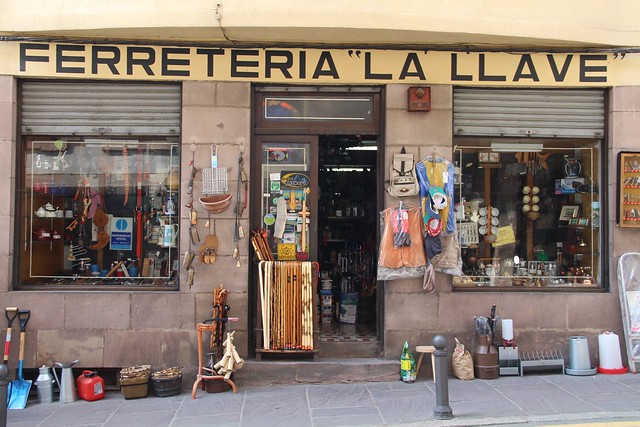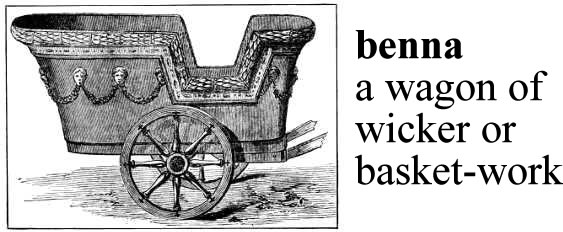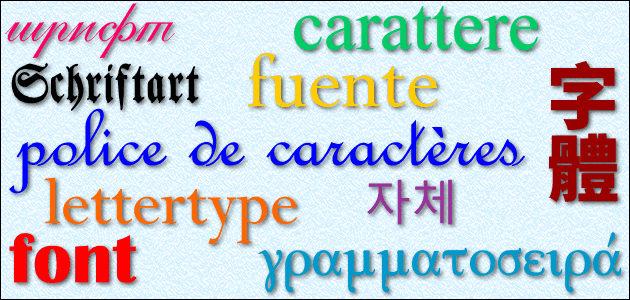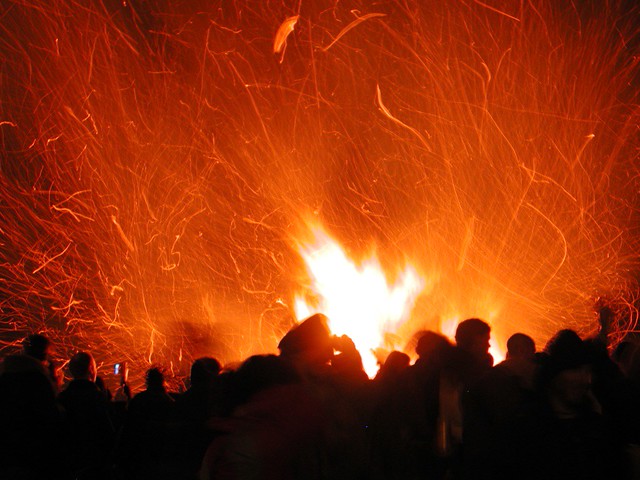In the French conversation group I take part in, the word petit, which means small or little, is often mispronunced [pɛti] rather than [pə.ti], which annoys the founder of group. This might seem a rather petty thing to worry about, but pronunciation is quite important – not so much within the group, but for when we talk to actual native speakers of French.

Petit means small, little, minor, slight, short, mean, child, little one, youngest, young (of an animal).
Some related words and expressions include:
- mon petit = dear (used ironically), son
- ma petite = dear, young lady, sweetheart
- les petits (enfants) = small children
- les tout-petits = the little ones, the tiny tots, the toddlers
- pauvre petit = poor little thing
- faire des petits = to have kittens / puppies
- petit à petit = little by little, gradually
- petit ami = boyfriend
- petit déjeuner = breakfast
- petit doigt = little finger, pinky
- petit-fils = grandson
- petite amie = girlfriend
- petit caisse = petty cash
- petite-fille = granddaughter
- petite phrase = catch phrase
- petite sortie = stroll
Petit comes from the Vulgar Latin *pitittus (small, little), from *pit- or *pittus/*piccus (small, little), possibly from the Proto-Celtic *pett- (part, bit, piece) or from *bikkos (small, little) [source]. When I noticed the possible Celtic connection I decided to write this post, as such connections interest me a lot. The Proto-Celtic word *bikkos is the root of words for small in all the modern Celtic languages, such as bach in Welsh and beag in Irish. [More details].
The word petit also exists in English and is pronounced [ˈpɛti] or [pəˈtiː] in the UK, and [ˈpɛdi], [pəˈti] or [pəˈtit] in the American English. It means small, petty or minor [source]. In it’s feminine form, petite, it usually refers to a woman who is short and small.
Both petit and petite come from the Old French word petit (small, little, worthless, poor (quality)). Petit was used in surnames from 1086, and as an adjective meaning small, little, minor, trifling or insignificant, from the 14th century. Petite was used from the 18th century, at first to mean little or small in size, usually when referring to a woman or girl, and from the early 20th century it came to refer to a size of women’s clothing.
Petit became petty in most cases, except in certain expressions, such as petit bourgeois (conventional middle-class), petit mal (a mild form of epilepsy), petit four (small, fancy cake – see above) [source].
Petty originally meant small, little or minor. By the early 16th century it was being used to mean “of small or minor importance, not serious” and by the 1580s it came to mean “small-minded” [source].
If you are a petty person, or one who is mean or ungenerous in small or trifling things, you might have petty grievances, which are of little importance or consequence, and maybe a petty mind, or narrow ideas and/or interests, and you might like to take petty revenge. Maybe you are in charge of the petty cash (a cash fund for paying small charges), and you might be a a petty officer (a minor officer on a merchant ship, or a noncommissioned officer in the US Navy) [source].
















